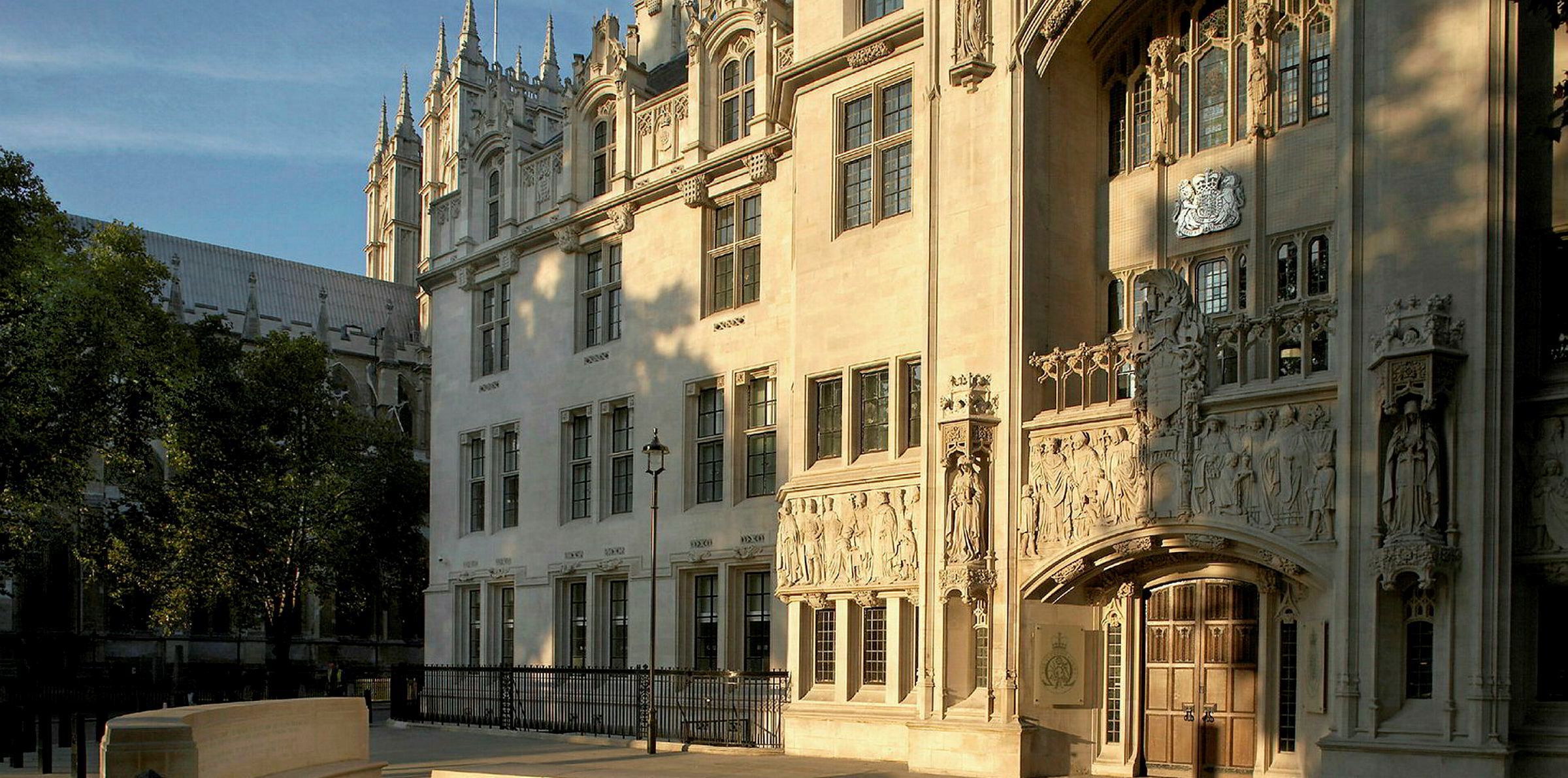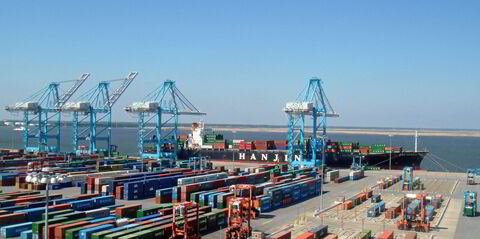An Italian shipowner has failed in a final attempt to wring a payout of more than $20m from a panel of war risks underwriters for the confiscation of a handysize bulker involved in an attempt to smuggle cocaine from Venezuela.
The UK supreme court rejected a bid by the Enrico Bogazzi-linked company Bnavios Navegacao and its successor Atlasnavios Navegacao to overturn a 2016 appeal court ruling in the long-running case of the 38,000-dwt B Atlantic (built 1983).
The ruling stated that the ship was not covered by a war risks insurance policy. An earlier high court judgment had found underwriters liable.
After loading a coal cargo at a Lake Maracaibo terminal in 2007, three packages of cocaine, totalling 132kg, were discovered strapped to the stern of B Atlantic, 10 metres below the waterline.
Although the cocaine was attached to the ship by persons unknown and there was no suggestion that the owner was implicated or had any knowledge of what had happened, the ship was confiscated in accordance with Venezuela’s strict anti-drug regime.
Confiscation meant the owner was deprived of the vessel for more than six months, triggering a clause that deemed the B Atlantic a constructive total loss (CTL). The ship was insured for $14.135m, with a further $5.87m claimed for sue and labour.
The ship is currently listed as laid up.
Clauses prove fatal to claim
The case turned on two clauses in the insurance policy.
Clause 1.5 allows claims relating to "any terrorist or any person acting maliciously or from a political motive."
But clause 4.1.5 excludes a claim due to "arrest, restraint, detainment, confiscation or expropriation…by reason of infringement of any customs or trading regulations".
The court of appeal found that the claim was excluded under clause 4.1.5 even if it fell within clause 1.5.
The owner appealed on the basis of common ground that the attempted smugglers were "acting maliciously" within the meaning of clause 1.5.
The supreme court considered that it was necessary to re-examine that common ground.
But it ruled that the vessel’s loss was not caused by "any person acting maliciously" within the meaning of clause 1.5.
The supreme court judges said for the smugglers to have been acting maliciously would have required "an element of spite, ill-will or the like."
"The attempted smuggling cannot here be regarded as aimed at the detention of or any loss or damage to the vessel or any property or person," they said.
"Detection of the smuggled drugs and any consequent loss or damage to the vessel were the exact opposite of the unknown smugglers’ aim."
And even if the smugglers had been acting maliciously, the claim was still excluded by clause 4.1.5 because it arose from detainment by reason of infringement of customs regulations.
The judges said: "Where an insured loss arises from the combination of two causes, one insured, the other excluded, the exclusion prevents recovery. Here two potential causes can be identified, viz the malicious act and the subsequent seizure and detainment.
"It was the combination of the two that was fatal."
Stephenson Harwood acted for the insurers.
The Ukrainian master and second officer of B Atlantic, Volodymyr Ustymenko and Yuriy Datchenko, were sentenced to nine years by a Venezuelan court but repatriated under a prisoner-exchange agreement, and released in 2011.
The presumption in the London trials was, however, that both men had been wrongly convicted.



